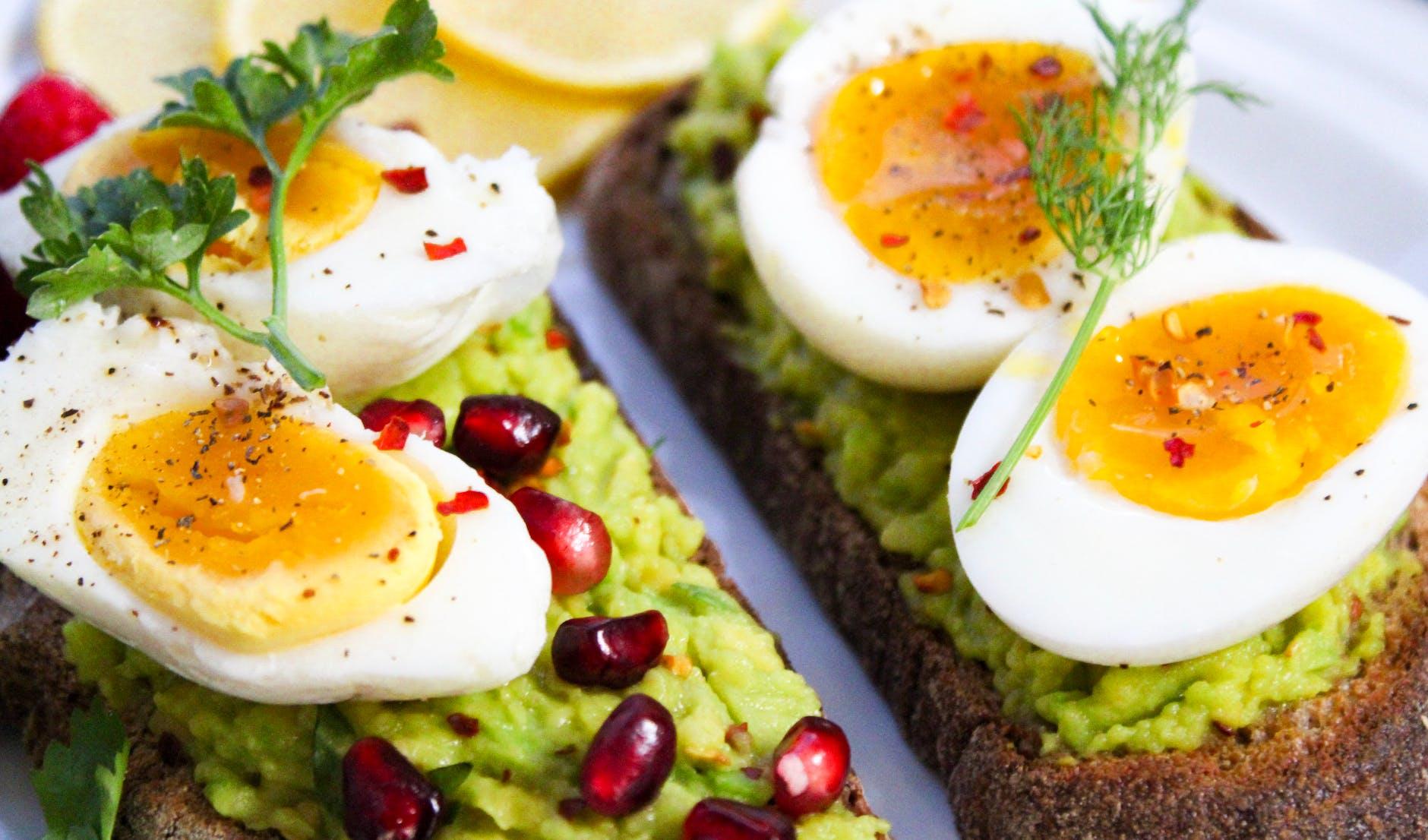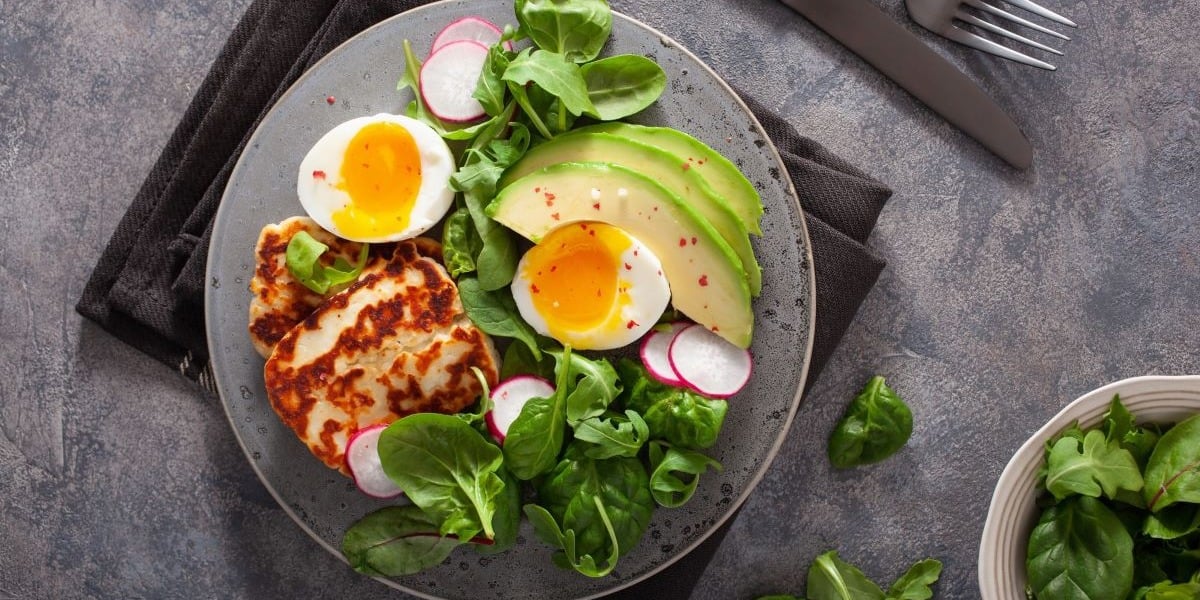The keto diet, also known as the ketogenic diet, is a popular eating plan that focuses on consuming low-carb, high-fat foods to achieve weight loss and various health benefits. Fats play a crucial role in the success of this diet, as they become the primary energy source when carbohydrates are significantly reduced. However, not all fats are created equal, and it is essential to distinguish between the best keto fats to consume and the ones to avoid. Let’s delve into the world of keto-friendly fats and explore their impact on health.
The Best Keto to Eat

Embracing the right fats can be a game-changer for anyone on the keto journey. These fats not only support the body’s metabolic state of ketosis but also provide several health benefits.
Avocado Oil: Keto Fats
Avocado oil is a true keto fats superstar with its high monounsaturated fat content. This heart-healthy fat is known for its ability to improve good cholesterol levels, support brain function, and reduce inflammation. Additionally, its mild flavor and high smoke point make it a perfect choice for both cooking and drizzling over salads.
Coconut Oil
Another staple in the keto fats world is coconut oil. Rich in medium-chain triglycerides (MCTs), coconut oil is quickly converted into energy, making it an ideal fuel source for those on a low-carb diet. Its antimicrobial properties may also contribute to improved gut health and immune function.
Olive Oil: Keto Fats
Celebrated in the Mediterranean diet, olive oil is a treasure trove of healthy fats. Packed with monounsaturated keto and antioxidants, it supports cardiovascular health, fights inflammation, and promotes longevity. Incorporating extra-virgin olive oil into your diet can elevate your keto experience.
Flaxseed Oil
For those seeking an omega-3 powerhouse, flaxseed oil is a fantastic option. This plant-based oil is rich in alpha-linolenic acid (ALA), a type of essential fatty acid that benefits heart health and aids in reducing inflammation. However, flaxseed oil should not be used for cooking, as heat can damage its delicate structure.
Chia Seeds: Keto Fats
Chia seeds are not only a superfood but also a fantastic source of healthy fats. Packed with omega-3 fatty acids, fiber, and essential minerals, chia seeds promote satiety, support digestion, and help stabilize blood sugar levels. Adding them to smoothies, yogurt, or oatmeal can boost the nutritional profile of any keto meal.
Fats to Avoid on the Keto Diet

While certain fats are highly beneficial for the keto diet, others can hinder progress and negatively impact overall health. Steering clear of these unhealthy fats is vital to ensure a successful keto journey.
Trans Fats
Trans fats are the arch-nemesis of heart health. They not only raise bad cholesterol levels but also decrease good cholesterol levels, leading to an increased risk of heart disease. Foods containing hydrogenated oils, such as many processed snacks and baked goods, should be avoided at all costs.
Vegetable Oils: Keto Fats
While some vegetable oils may seem keto-friendly due to their low carb content, they can be harmful due to their high omega-6 fatty acid content. An imbalance between omega-6 and omega-3 keto can contribute to inflammation and other health issues. It’s best to minimize the consumption of soybean, corn, and sunflower oils.
Margarine and Shortening
Margarine and shortening are artificial keto fats created through a process called hydrogenation. They contain trans fats and have been linked to an increased risk of heart disease and other health problems. Opt for natural fats instead, like grass-fed butter or ghee.
Processed Meats
Many processed meats, such as sausages, bacon, and deli meats, contain unheal fats and additives. Additionally, they often have high sodium content, which can disrupt electrolyte balance on a diet. Choose fresh, unprocessed meats from reliable sources whenever possible.
Conclusion
In conclusion, the keto diet can be highly effective for weight loss and overall health when the right fats are embraced. Avocado oil, coconut oil, olive oil, flaxseed oil, and chia seeds are fantastic options that provide numerous health benefits. On the other hand, avoiding trans fats, certain vegetable oils, margarine, shortening, and processed meats is crucial for a successful keto journey. By making informed choices about the fats we consume, we can optimize the benefits of the keto diet and pave the way for a healthier lifestyle. Remember to consult a dietitian or healthcare professional before starting any new diet to ensure it aligns with your individual needs and goals.
FAQs
Can I include dairy fats in my keto diet?
Yes, dairy fats like cheese, cream, and full-fat yogurt are excellent additions to a keto diet. They are rich in healthy saturated fats and can add variety to your meals.
Are nuts and seeds good for keto?
Yes, nuts and seeds are a great source of healthy fats and protein for the ketogenic diet. However, be mindful of portion sizes, as they are calorie-dense.
Can I consume fatty fish on a keto diet?
Absolutely! Fatty fish, such as salmon, mackerel, and sardines, are rich in omega-3 fatty acids and make an ideal addition to a keto meal plan.
Are there any vegetarian keto fat options?
Yes, vegetarians can opt for plant-based fats like avocados, nuts, seeds, coconut oil, and olive oil to meet their keto dietary needs.
Is it essential to track fat intake on keto?
While tracking is not mandatory, it can be helpful, especially during the initial stages of the diet, to ensure you are meeting your fat macro goals.
Can I use ghee on a Keto Fats diet?
Yes, ghee, or clarified butter, is a keto-friendly fat source that adds a unique flavor to your dishes.




